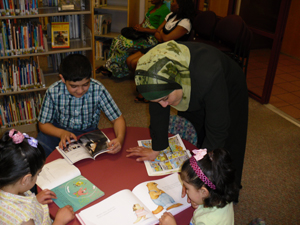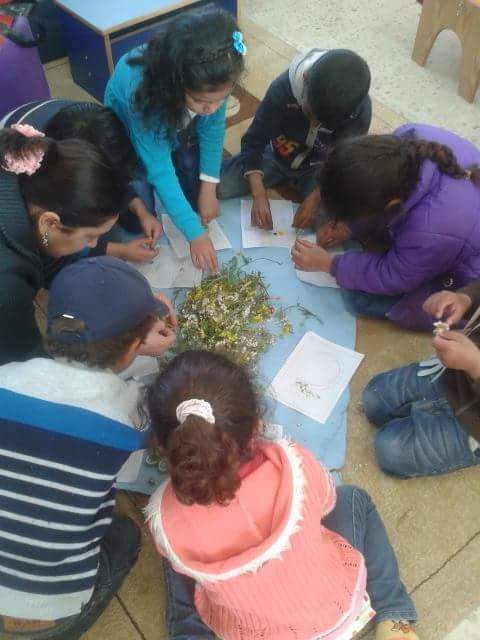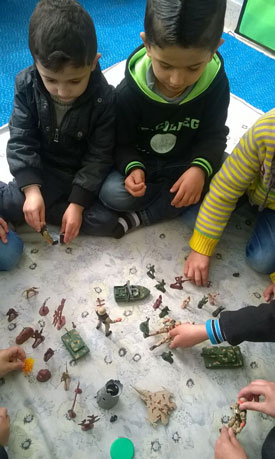“In my time, it was taboo for girls to continue their education after high school,” UAB School of Education graduate Ebtesam Rababah, Ph.D., says.
Growing up in the tiny village of Kufor-Rakeb in Jordan, Rababah says she dreamed of someday going to college. Not everyone in Kufor-Rakeb, however, supported the idea of a woman pursuing higher education.
“I and another lady were the first women from Kufor-Rakeb who went to university after high school,” says Rababah. “My father was so supportive in spite of all the comments that came because of my studies.”
Today, Rababah is a university professor of early childhood education in Jordan.
Her journey to becoming a university professor began after high school.
She earned her bachelor’s degree in education at Yarmouk University in 1996. Four years later, in 2000, she obtained a master’s at the University of Huddersfield in England.
Afterward, she moved to Alabama and entered the UAB School of Education’s doctoral program in early childhood education. She says the School of Education’s reputation influenced her decision to study at UAB.
 “The University of Alabama at Birmingham was a good opportunity for me to achieve my goals because it is known for its quality graduate programs. It has a strong early childhood education program and faculty who encouraged, inspired and motivated me to write proposals, present at conferences, participate in study abroad opportunities and publish articles. Their devotion to my personal success was empowering.”
“The University of Alabama at Birmingham was a good opportunity for me to achieve my goals because it is known for its quality graduate programs. It has a strong early childhood education program and faculty who encouraged, inspired and motivated me to write proposals, present at conferences, participate in study abroad opportunities and publish articles. Their devotion to my personal success was empowering.”
Rababah is now an assistant professor in early childhood and elementary education at Yarmouk University in Jordan. Her research interests include print and phonological awareness and literacy development of preschool children and the education of women in Jordan.
In 2013, she teamed up with two international non-governmental organizations to produce a training manual for the volunteers at refugee camps who lack experience in psychology, social work, or education. The manual was to contain guidelines and recommendations for interacting with young, traumatized children, as well as suggested activities to help youngsters express their feelings, she says.
The project organizers asked her to edit and translate the manual from English to Arabic, she says. During her first visit to a refugee camp in 2013, she noticed that a lot of the children exhibited signs of post-traumatic stress disorder, depression and emotional and behavioral problems.

“For many children, the sound of bombs and gunfire continues to haunt them,” says Rababah, “and almost all of them have experienced death as well. … Some have seen their parents or their brothers and sisters killed, tortured, or raped in front of them. Many children, especially when they first arrive, behave very aggressively. It’s not because these children are violent. It’s often the mind’s way of trying to make up for the ways it failed to protect itself during the traumatic event.
“I think my experience as an educator helped me so much,” she says. “My dissertation topic was about developmentally appropriate practices, and that helped me to use developmental, cultural and religious-appropriate activities with the refugees.”
Since then, she has presented posters and articles about the young refugees at education conferences across the United States and the U.K.
Back home at Yarmouk University, Rababah says she enjoys teaching her students as much as she loves research. In fact, she and her students have worked on several projects together to assist children and teachers in the local schools, she says.
“It is how I can inspire them to make a difference in this world.”